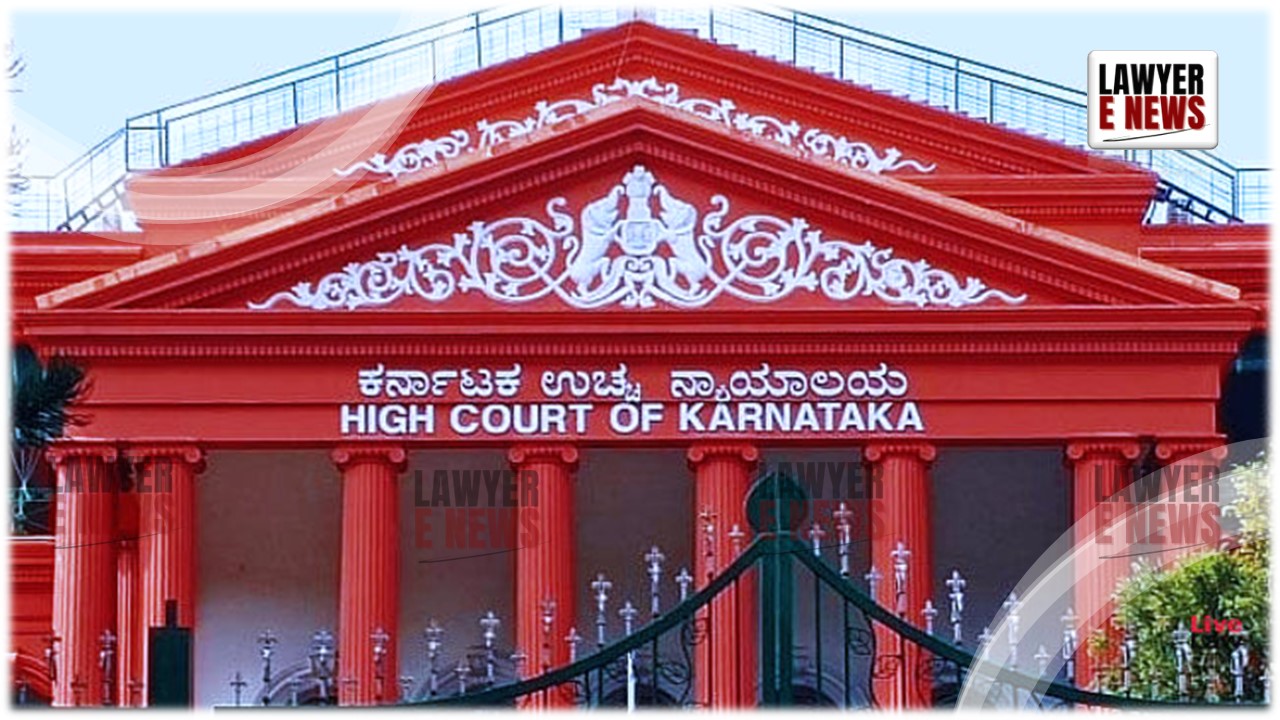-
by Admin
15 February 2026 5:35 AM



In a significant ruling, the Karnataka High Court has quashed the freezing of bank accounts belonging to Ownpath Learning Private Limited, a registered startup, due to procedural lapses by the Narcotics Control Bureau (NCB). The judgment, delivered by Justice M. Nagaprasanna, underscores the necessity of adhering to statutory mandates under the Narcotic Drugs and Psychotropic Substances (NDPS) Act, particularly Section 68F.
Ownpath Learning Private Limited, a startup involved in up-skilling professionals in software design, faced an operational crisis when its bank accounts were frozen following a criminal case against one of its directors. The NCB registered a case against the director on November 14, 2022, for offenses under various sections of the NDPS Act. Subsequently, the NCB directed Kotak Mahindra Bank to freeze the company’s accounts.
The court observed that the NCB failed to comply with the essential procedures mandated by Section 68F of the NDPS Act, which governs the seizure or freezing of property believed to be acquired through illegal means. The section requires that any order to freeze must be confirmed by the competent authority within 30 days and duly informed within 48 hours. The court found that these steps were not followed.
"The mandate of Section 68F is twofold – first being once the seizure or freezing is made it shall be duly informed by an order made under sub-section (1) and the same shall be communicated to the competent authority within forty-eight hours and the second being freezing order shall have no effect unless the said order is confirmed by an order of the competent authority within 30 days," noted Justice Nagaprasanna.
The petitioner, represented by Advocate Siddharth Suman, argued that the company was not an accused in the case, and the freezing of its accounts was arbitrary and unjust, severely hampering its operations. The counsel highlighted that the investigation had concluded, and the company required access to its funds to continue its business activities.
The court emphasized that the failure to inform the competent authority and obtain confirmation within the stipulated time rendered the freezing order legally untenable. The competent authority, as defined under Section 68D, had not received the necessary communication from the NCB, and no confirmation order was issued within the required 30-day period.
"In the light of afore-said admitted facts of twin violation of Section 68F, the order directing debit freezement or action of freezing of the account of the petitioner/company would lose its legal legs to stand and results in its obliteration," the judgment stated.
Justice Nagaprasanna remarked, "The communication is not even made to the competent authority by the NCB and the competent authority has not approved such seizure within 30 days. It is a case where there is a blatant violation of section 68F and its mandate."
The High Court's ruling underscores the critical importance of procedural compliance in the enforcement actions under the NDPS Act. By quashing the freeze on the startup's bank accounts, the court reinforced the necessity of adhering to statutory requirements, ensuring that investigative actions do not unjustly impede legitimate business operations. This judgment serves as a crucial precedent, reinforcing the legal framework for protecting the rights of entities inadvertently caught in the crossfire of criminal investigations.
Date of Decision: January 5, 2024
